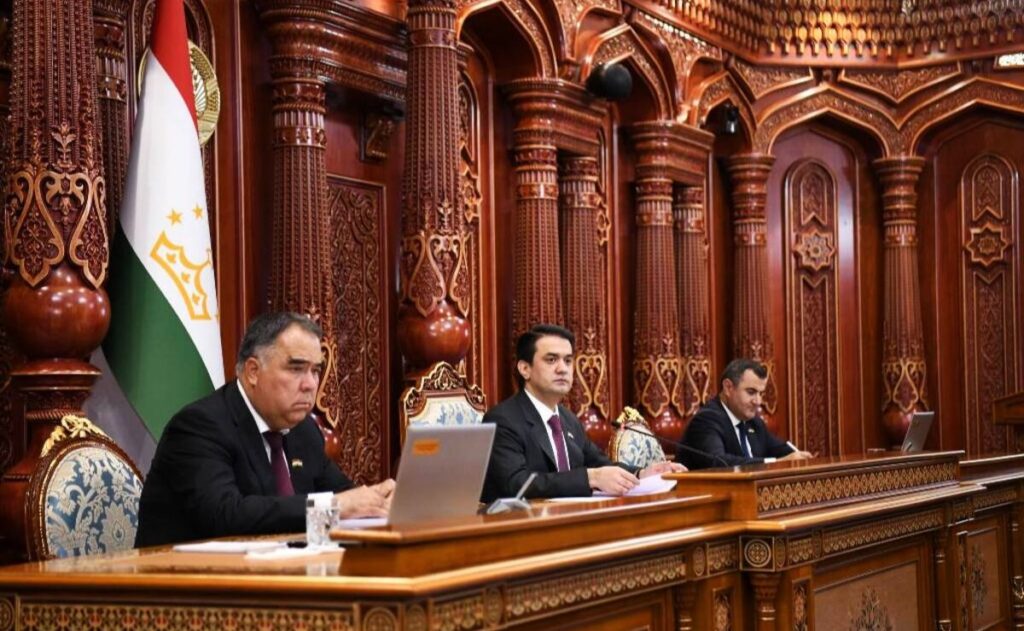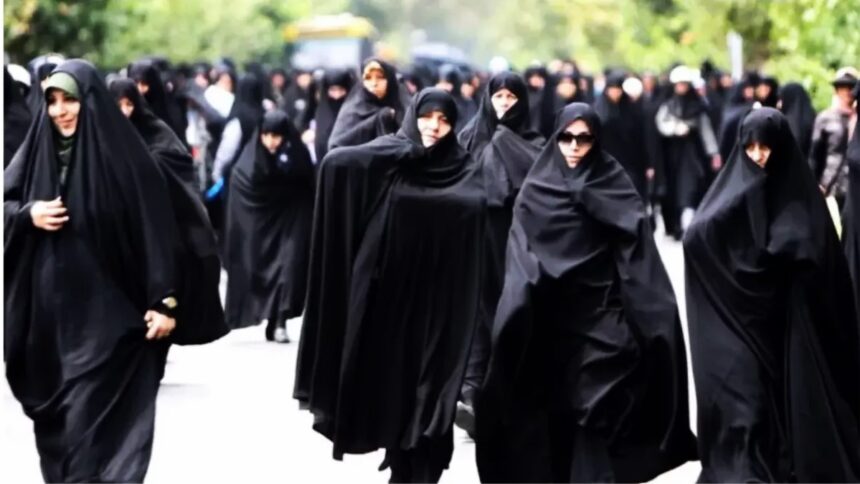The decision to ban hijab in Tajikistan was passed by the Parliament, indicating a formal legislative action to restrict the wearing of headscarves by Muslim women. This ban includes provisions for hefty fines as penalties for individuals who do not adhere to the law. The rationale behind this decision is rooted in the promotion of secularism, which aims to separate religious practices from state affairs and public life.
President Emomali Rahmon has been historically involved in efforts against hijab, as seen in his initiatives dating back to 2015. These efforts are part of a broader state policy that seeks to control and regulate religious expression within the country. Tajikistan, a predominantly Muslim nation, has been navigating tensions between secular governance and religious identity, especially in the context of its post-Soviet history and efforts to assert a distinct national identity.
Muslim Country Main Hijab aur Eid Celebration Ban #shorts #exmuslim #zafarheretic
Full Video :- https://t.co/w5t7OL8s7f pic.twitter.com/QVThrcVhu7
— Zafar Heretic (@ZafarHeretic) June 23, 2024The ban on hijab raises significant debates about religious freedom and human rights. Critics argue that such measures infringe upon individual rights to religious expression and cultural identity. They view it as a form of state overreach into personal freedoms. On the other hand, proponents of the ban argue that it is necessary to uphold secular principles and prevent what they perceive as religious extremism or foreign influence from gaining ground within Tajikistan.
Tajikistan, which has a majority of Muslims, has outlawed the wearing of the headscarf. Before Eid-ul-Fitr and Eid al-Adha, the Tajikistani Parliament has enacted a law prohibiting the wearing of headscarves. The penalty for breaking this law ranges from 60,000 to 500,000 rupees. The nation’s government has implemented these measures in an effort to outlaw religious expression in public.

It should be noted that although Tajikistan has just passed legislation prohibiting the hijab, the garment has long been considered illegal in the nation. The hijab, or Islamic head scarf, and other customary Islamic apparel are the primary subjects of this ordinance.
Ban was imposed on selling black clothes
Let us tell you that two years ago, a ban was imposed on selling black clothes in the country’s capital Dushanbe. Now the official hijab ban has been condemned by the Association of Islamic Scholars and Clerics in Afghanistan and the Council on American-Islamic Relations. In 2015, President Emomali Rahman also launched a movement against hijab.
Children’s Eidi will also be banned
The head of the religious committee, Suleiman Davlatzoda, has voted against allowing youngsters to wear Eidi simultaneously. This action has been taken to protect children, prevent wasteful spending, and prioritize research. This law is being criticized across the country.
Since 1994, Emomali Rahmon, the president of Tajikistan, has presided over a de facto dictatorship. Rahmon’s leadership was made possible by constitutional amendments that were overwhelmingly approved by the nation’s citizens in 2016.
Read More: Saudi crown prince cancels Japan trip over King Salman’s health worries





